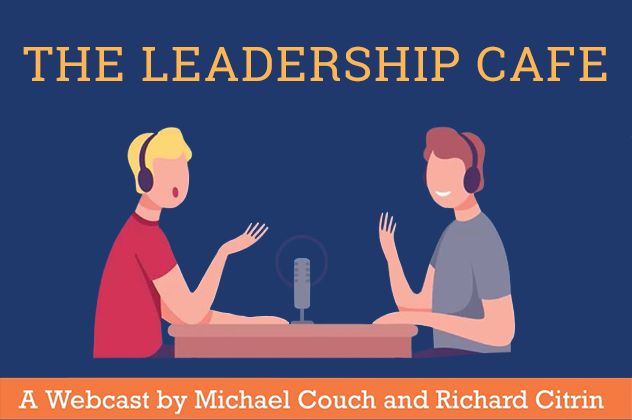Although, there have been many times I’ve been wrong, this Resilient Wednesday is not about me.
In last Sunday’s New York Times, columnist Nicholas Kristoff acknowledged a mistake he made in vilifying President Bush during his term in office. He shared that it was a tough column for a liberal to write in recognizing that Bush may have started the single best policy of any president in his lifetime.
It is the 20th anniversary of George Bush’s program to fight HIV and AIDS which turned the tide on the epidemic and probably save over 25 million lives.
Mr. Kristoff describes the story of the President’s Emergency Plan for AIDS Relief (PEPFAR) and shared many important statistics as well as the interesting anecdotal story of coffin makers in Africa seeing a reduction in their business due to decreased deaths.
We lost our son, Kenneth, to AIDS in 1997, about six years before PEPFAR but sixteen years after the AIDS scourge began. It was tragic that it took over two decades before the commitment to research and implementation was put in place and George Bush had the political courage to make it happen. I wish it would have happened earlier as I would have loved having Ken in my life today.
As I read this article, I was looking to see how Kristoff would address the errors of his perceptions. I was hoping to see an “I was wrong about this,” or “Mr. President, I apologize for failing to recognize the importance of this initiative and thank you for saving 25 million people.” Unfortunately, that never happened. The best he could come up with was “We Americans owe George W. Bush thanks for his leadership in saving 25 million lives in our name.”
Apologies seem to be hard for people to do. For some people, they are viewed as a sign of weakness in stating that a mistake was made, but we all know that errors of judgement, even intentional ones, happen every day. For others, they may lack the skills of knowing how to acknowledge the obvious.
Beyond that, for the rest of us, admitting our regrets is a powerful tool in strengthening our resilience. Not only does this demonstrate our vulnerabilities, (which make us be more in touch with our own humanity), but they also provide an important way for us to connect with others. It is our common experiences that bind us together and people inevitably feel compassion and respect when we recognize and offer genuine remorse.
Now, it may seem to be hard to make amends, so I’ve come up with some fast and easy ideas. In keeping with my 2023 theme of simplicity, try these out:
- “I’m sorry for…”
- “I want to apologize for…”
- “Uh, Oh, my bad…”
By the way, I apologize for coaxing you into reading this column if you had an expectation that I was going to share one of my many mistakes. It was intended as a literary device. If you are interested in any of my many boo-boos (recent or long ago), please drop me a note and I can let you know about them and if and how I tried to rectify them.
© Richard Citrin 2023
